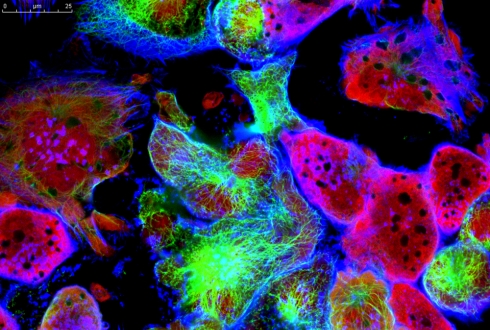Fine lines

Julie Russell on why cell culture science is vital in combating disease
The Biologist 62(3) p24-27
In 1985, Microsoft released its first Windows operating system, the first Live Aid concerts were broadcast and Rock Hudson became the first global celebrity to die of AIDS. Also, with far less publicity, the European Collection of Cell Cultures (ECACC) was established, which has gone on to have a far-reaching and significant impact on scientific and medical research.
Thirty years on, we acknowledge the progress that has been made in understanding, treating and preventing HIV/AIDS and other infectious diseases, as well as a wide array of non-communicable illnesses such as heart disease, cancer and diabetes. In the past 30 years, vaccination has also saved more lives worldwide than any other medical intervention. Yet, with all of these advances, the role of cell culture science is often overlooked.
Want to continue reading this article?
Click to login.


